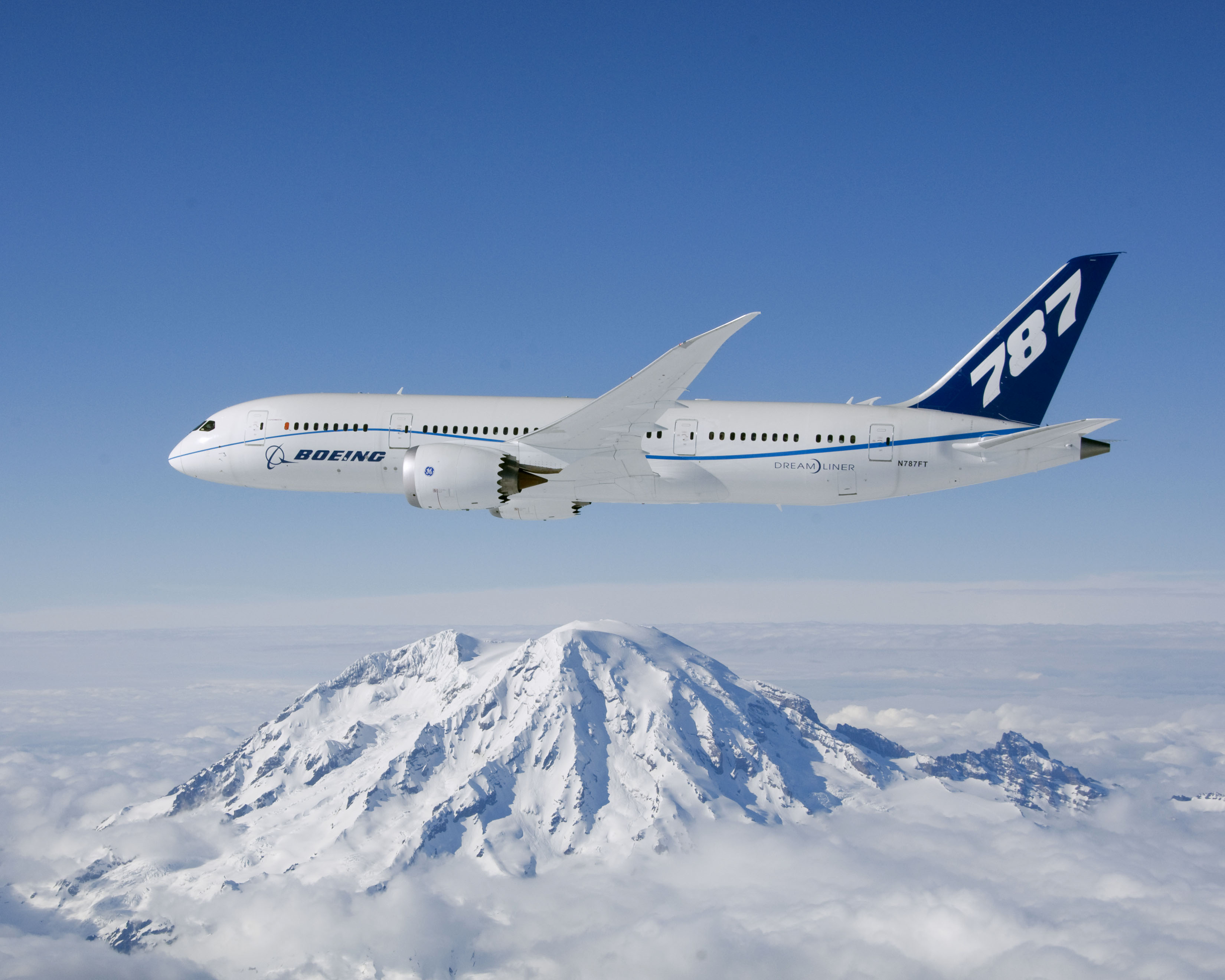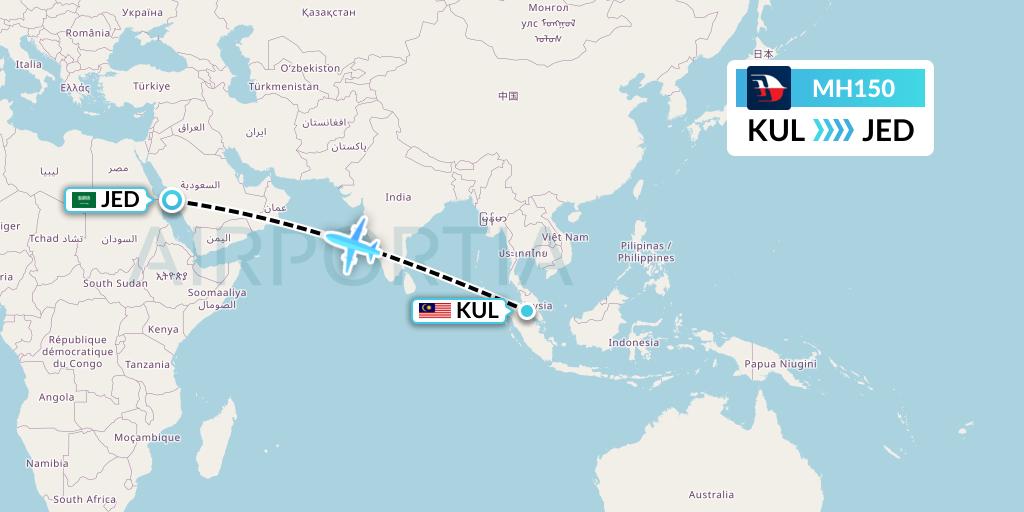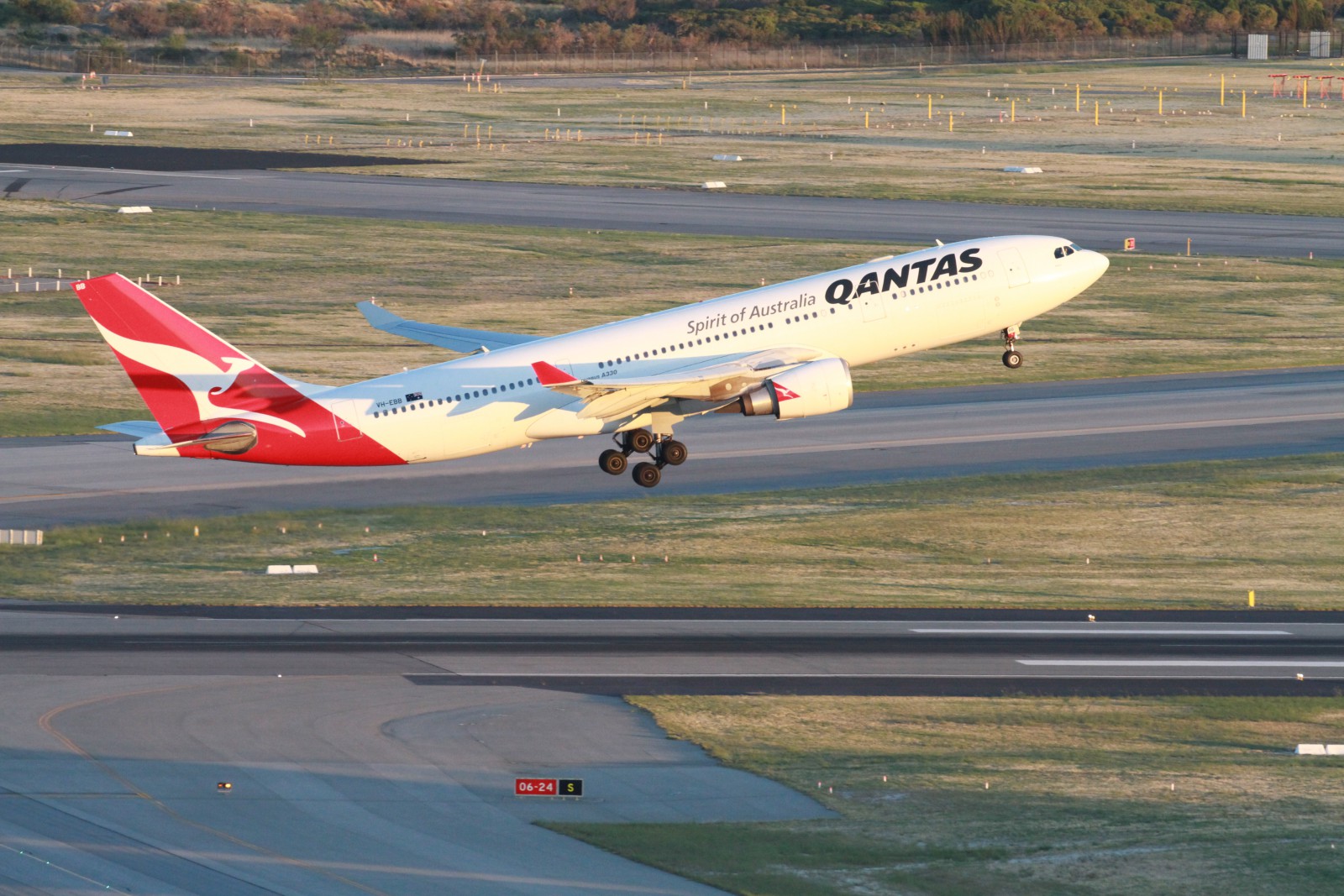The Omicron wave has sent Qantas’s half-year result to December 31 into a red-ink spiral posting a statutory loss of A$622 million (US$499 million) but the airline sees tailwinds repairing its balance sheet.
The result was helped significantly by the sale of land at Mascot which brought the airline in a net A$754 million.
Qantas posted an underlying EBITDA loss of A$245 million and an underlying EBIT loss of A$1.13 billion however the airline has total liquidity of A$4.30 billion.
The Qantas Group said its flying operations were severely impacted by widespread domestic lockdowns and continued international restrictions, reducing the Group’s total flying to 18 percent of pre-COVID levels during the half.
READ: Emirates threatens to cancel 777-9s
READ: New weather analysis supports new MH370 flight tracking
READ: Qantas reactivates Project Sunrise for ultra-long-range nonstops
READ: Airlines avoiding all Ukrainian airspace
The loss is the airline’s fourth statutory half-year loss in a row and takes its total statutory losses since the start of this crisis to well over $6 billion and revenue losses to more than A$22 billion.
Qantas said, however, that, cash generated from the sale of under-utilized land at Mascot; a rush of flight bookings as the Delta lockdowns ended; international border closures easing in the second quarter; and strong contributions from Qantas Freight and Qantas Loyalty made significant inroads to balance sheet repair with net debt at A$5.5 billion, putting it within the Group’s target range.
The Omicron strain dampened travel demand in December and that intensified in January and was compounded by the unexpected delay to Western Australia’s border opening Qantas said.
However, it added that forward demand for both international and domestic services has improved during February – helped by Australia’s full reopening to all visa holders and the announcement of a new date for WA’s borders to open. This positive momentum is expected to continue in the coming months.
The airline flew just 42 percent of its pre-COVID capacity and Group Domestic operations recorded an Underlying EBITDA loss of A$388 million with 92 percent of the Group’s domestic flying in the half cash positive.
It said a record performance by Freight offset cash losses from Qantas International as it emerged from hibernation, with the whole division achieving positive Underlying EBITDA of A$89 million. Depreciation and amortization took this to an Underlying EBIT loss of A$238 million.
The airline said that the standout result by Qantas Freight highlights the natural hedge it has provided during the pandemic due to a lack of cargo capacity on passenger aircraft.
Qantas Loyalty remains a strong performer with continued earnings growth in the first half of FY22 delivering a strong cash contribution and an Underlying EBIT of A$127 million.
Qantas Group chief executive Alan Joyce said “most of Australia was in lockdown for several months of the first half, so the loss we’ve announced today isn’t surprising but it is frustrating.
“We saw a sharp rebound in travel demand when borders started opening in November and December, only to be hit by the Omicron wave and all the uncertainty that came with it.
“The uncertainty carried over into January but demand has started to recover as Australia adjusts to truly living with COVID.
“Our frequent flyer surveys show the intent to travel is extremely high and we’re seeing good leisure demand into the fourth quarter. We’ve also seen a sharp uptick in international ticket sales in the past few weeks.
“Predictions in a pandemic are naturally fraught, so we always forecast according to the best information we have but with the agility to adjust as needed. The fact we have all our Australian-based employees back at work means it makes sense for us to fly where it’s cash positive to do so.
“Despite all the uncertainty, we finished the first half with net debt back inside our target range and with strong liquidity, meaning we can start to look further ahead at strategic decisions on fleet, network, and growth opportunities.
“We’re on track to deliver more than A$900 million in annualized savings through restructuring by the end of FY22, which is ahead of schedule and means we’re able to recover faster and perform better than a pre-COVID Qantas Group could have.
Qantas said that while travel demand is strengthening and there have been positive developments on international borders in recent weeks, Omicron is likely to negatively impact Group EBIT by an estimated A$650 million in 2H22.
























